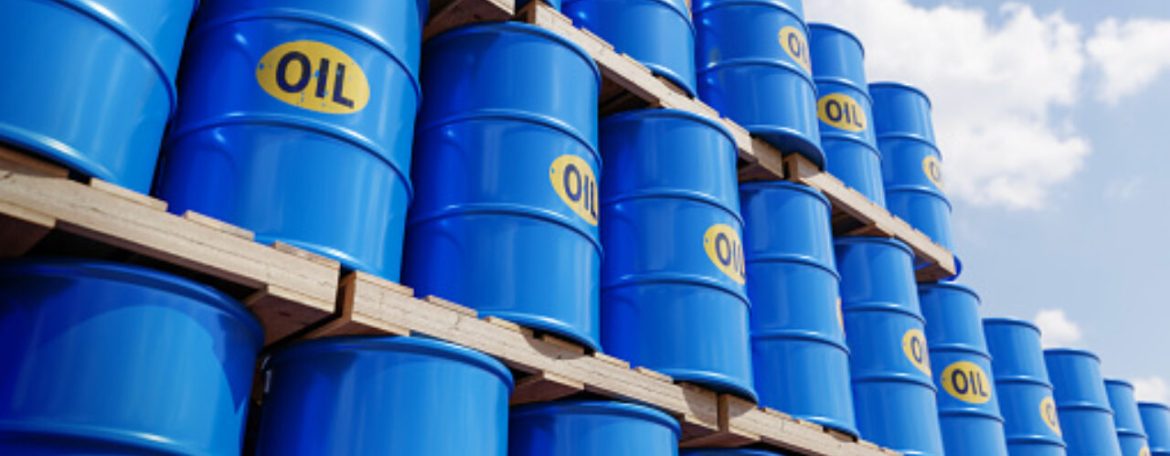In this post NUPRC urges the nation to expect oil licensing round in 2024 as part of its implementation of the petroleum industry Act.
The Nigerian Upstream Regulatory Commission, NUPRC, said 2024 looks bright as it has concluded plans to conduct oil licensing round as part of the implementation of the nation’s PIA.
The licensing round is targeted at attracting new investors and increasing investment that will ultimately raise Nigeria’s oil reserves toward 40 billion barrels, from the present 37 billion barrels.
The planned licensing round is in line with Section 73 of the nation’s Petroleum Industry Act, PIA, a comprehensive legislation aimed at achieving increased investment, restructuring as well as transparency and accountability in the industry.
READ: NUPRC (DPR) Permits (OGISP) Requirements & Cost
The Commission Chief Executive, NUPRC, Engr. Gbenga Komolafe, stated: “The Commission shall, beginning 2024, conduct all future licensing rounds based on a Licensing Round Plan and modern acreage licensing practices, to include the periodicity of licensing based on predictability of timelines and long-term national economic and developmental agenda.”
He said: “In 2024, the Commission will optimize the functionality of automation systems by enhancing the efficiency of existing optimizing tools and the streamlined deployment of new ones. The use of productivity tools and electronic communication channels will be entrenched to improve customer interface, reduce logistics, and deepen ease of compliance.
READ: NipeX New Registration Process & Requirements
“The NUPRC will ensure 100 per cent use of the National Production Monitoring System (NPMS), the Annual Work Program Portal, the Dynamic Acreage Management System (DAMS), the HOSTCOMPLY, and the Oil and Gas Industry Service Permit (OGISP) automation tools by the Commission and the industry.”
On the planned low cost of crude production, NUPRC, stated: “The commission, in collaboration with relevant government entities, is pursuing measures to complement the kinetic efforts of security forces, to grow oil production progressively to 1.8 MMBOPD to 2.6 MMBOPD and gas to about 10 BSCFD within the period. These interventions include operational optimization and enablers to delivering high-impact projects within the portfolios of producers.”

